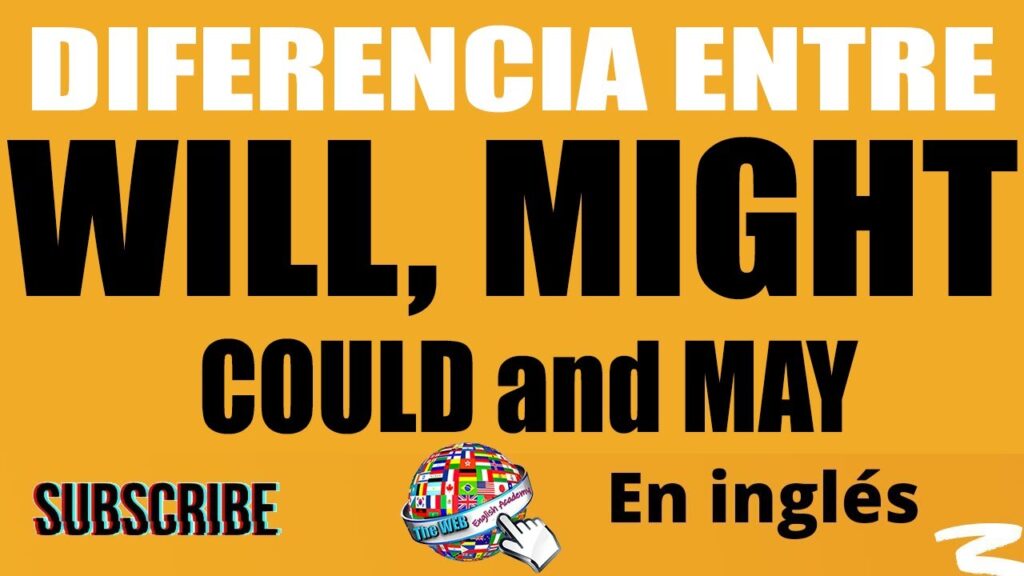Domina el uso de will y would: ejemplos prácticos

El inglés es uno de los idiomas más utilizados en todo el mundo, y es importante conocer las diferencias entre sus diferentes tiempos verbales. En particular, muchos estudiantes de inglés encuentran difícil entender la diferencia entre "will" y "would". Estos dos verbos son importantes porque se usan para hablar sobre el futuro y las posibilidades condicionales. En este artículo, te mostraremos cómo dominar el uso de "will" y "would" con ejemplos prácticos.
¿Qué es "will"?
"Will" es un verbo modal que se utiliza para hablar sobre acciones futuras que se consideran seguras o probables. También se puede usar para hacer promesas, ofrecer ayuda o expresar una decisión. Por ejemplo:
- I will go to the store tomorrow.
- She will probably be late for the meeting.
- I will help you with your homework tonight.
- He will not tolerate any misbehavior in his class.
¿Qué es "would"?
"Would" es también un verbo modal que se utiliza para hablar sobre acciones futuras, pero en situaciones hipotéticas o condicionales. También se puede usar para expresar deseos y preferencias. Por ejemplo:
- If I had more time, I would travel the world.
- Would you like to come to the party with me?
- I would prefer to eat pizza for dinner tonight.
- He would be happy if he got the job.
Ejemplos prácticos
Ahora que sabemos la diferencia entre "will" y "would", veamos algunos ejemplos prácticos para entender mejor cómo se usan en diferentes contextos.
Will para el futuro
- She will call you later tonight.
- They will arrive at the airport at 9 am tomorrow.
- I will study for the exam this weekend.
- He will travel to Europe next summer.
Will para ofrecer ayuda
- I will help you move to your new apartment.
- She will lend you her car for the weekend.
- They will cook dinner for us tonight.
- He will give you a ride to the airport.
Will para hacer promesas
- I will always love you, no matter what.
- She will never forget your birthday again.
- They will donate money to the charity every year.
- He will keep your secret safe.
Would para situaciones hipotéticas
- If I won the lottery, I would buy a big house.
- Would you travel to space if you had the chance?
- I would take the job if it paid more.
- He would be happier if he lived closer to his family.
Would para expresar deseos y preferencias
- I would love to go to the beach this weekend.
- Would you prefer tea or coffee?
- I would rather stay at home than go out tonight.
- He would like to learn how to play the guitar.
Conclusión
"Will" y "would" son verbos modales importantes en inglés que se usan para hablar sobre el futuro y las posibilidades condicionales. "Will" se utiliza para acciones futuras seguras o probables, promesas y ofrecer ayuda, mientras que "would" se utiliza para situaciones hipotéticas, deseos y preferencias. Esperamos que estos ejemplos prácticos te ayuden a entender mejor cómo usar "will" y "would" en diferentes contextos.
Preguntas frecuentes
1. ¿"Will" y "would" son lo mismo?
No, "will" y "would" son verbos modales diferentes que se utilizan en diferentes contextos. "Will" se utiliza para acciones futuras seguras o probables, promesas y ofrecer ayuda, mientras que "would" se utiliza para situaciones hipotéticas, deseos y preferencias.
2. ¿Puedo usar "would" para hablar sobre el futuro?
Sí, puedes usar "would" para hablar sobre el futuro en situaciones hipotéticas o condicionales. Por ejemplo, "If it rains tomorrow, I would stay at home."
3. ¿Puedo usar "will" para expresar deseos?
No, "will" no se utiliza para expresar deseos. En su lugar, se utiliza "would" para expresar deseos y preferencias. Por ejemplo, "I would love to go to the beach this weekend."
4. ¿Puedo usar "will" y "would" juntos en una oración?
Sí, puedes usar "will" y "would" juntos en una oración para expresar una acción futura condicional. Por ejemplo, "If he gets the job, he will move to a new city."
5. ¿Cómo puedo recordar la diferencia entre "will" y "would"?
La mejor manera de recordar la diferencia entre "will" y "would" es practicar su uso en diferentes contextos y leer ejemplos prácticos como los que se muestran en este artículo. También puedes usar mnemotécnicos o hacer ejercicios de gramática para ayudarte a recordar las reglas.
Deja una respuesta